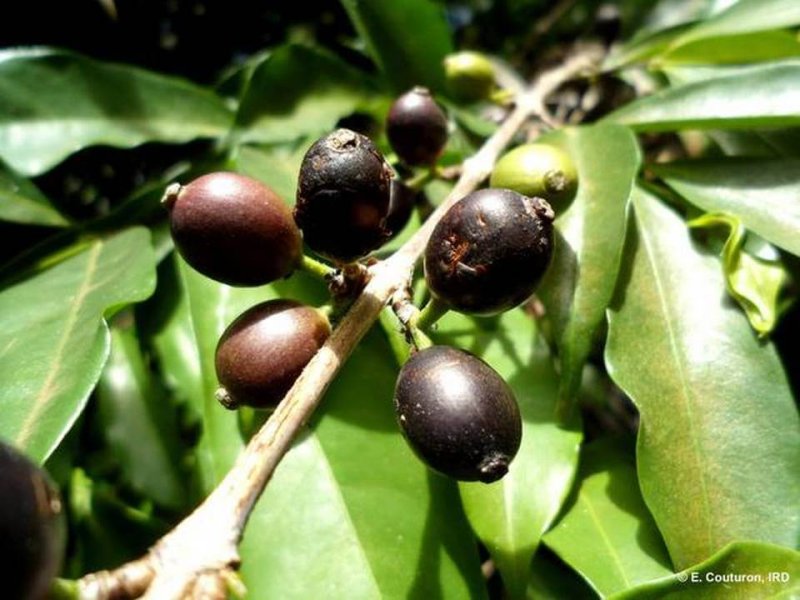In dense tropical forests in Sierra Leone, scientists have rediscovered a coffee species not seen in the wild in decades.
…
[T]he species, called Coffea stenophylla, possesses greater tolerance for higher temperatures than the Arabica coffee that makes up 56% of global production and the robusta coffee that makes up 43%. The stenophylla coffee, [the researchers] added, was demonstrated to have a superior flavor, similar to Arabica.…
Many farmers throughout the world’s coffee-growing belt already are experiencing climate change’s negative effects, an acute concern for the multibillion dollar industry.
…
The stenophylla rediscovery, [botanist Aaron] Davis said, may help in the “future-proofing” of a coffee industry that supports the economy of several tropical countries and provides livelihoods for more than 100 million farmers. While 124 coffee species are known, Arabica and robusta comprise 99% of consumption.
“The idea is that stenophylla could be used, with minimum domestication, as a high-value coffee for farmers in warmer climates,” said Davis.
Stenophylla had not been seen in the wild in Sierra Leone since 1954 and anywhere since the 1980s in Ivory Coast, Davis said. A few examples were held in coffee research collections.
Davis said stenophylla is threatened with extinction amid large-scale deforestation in the three countries where it has been known to grow in the wild: Sierra Leone, Guinea and Ivory Coast.































